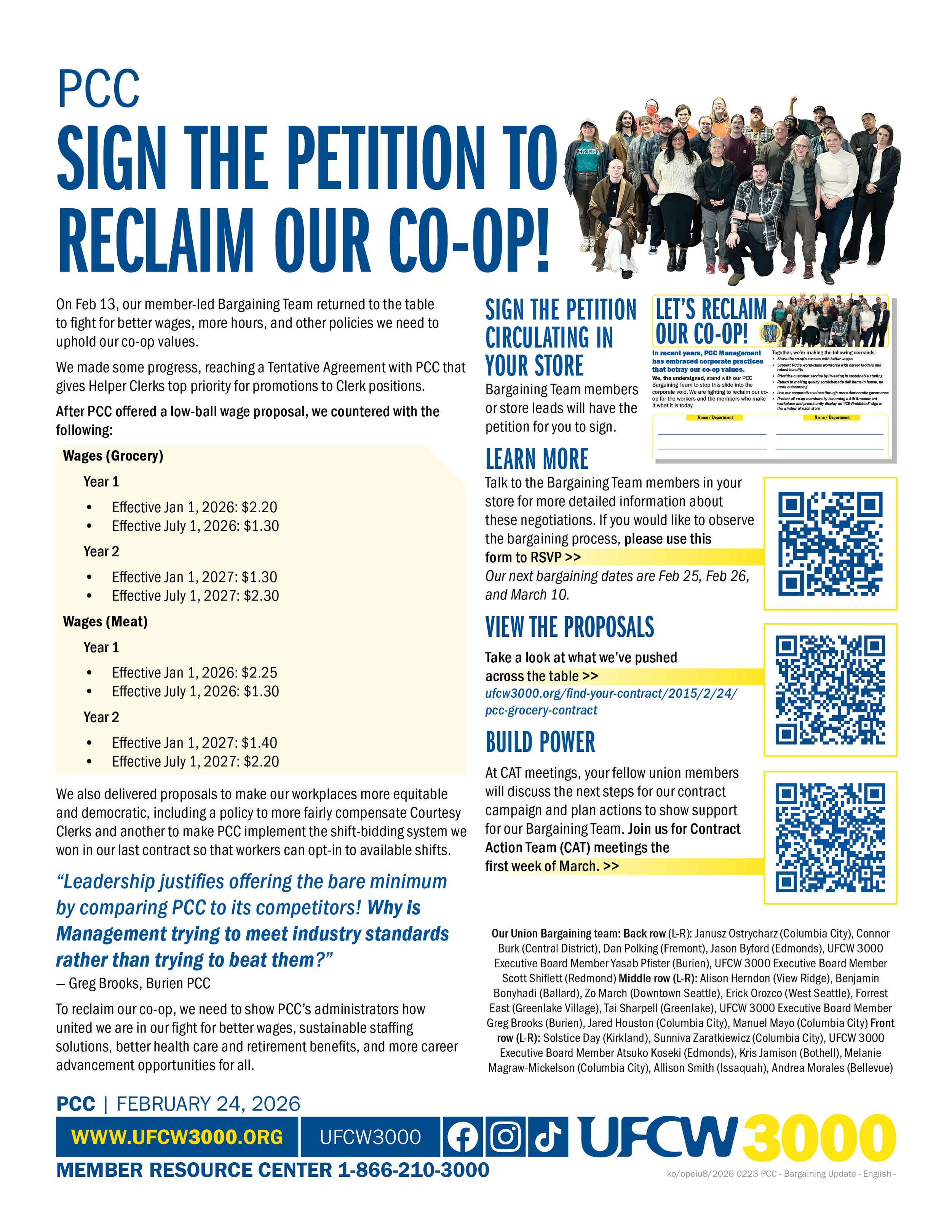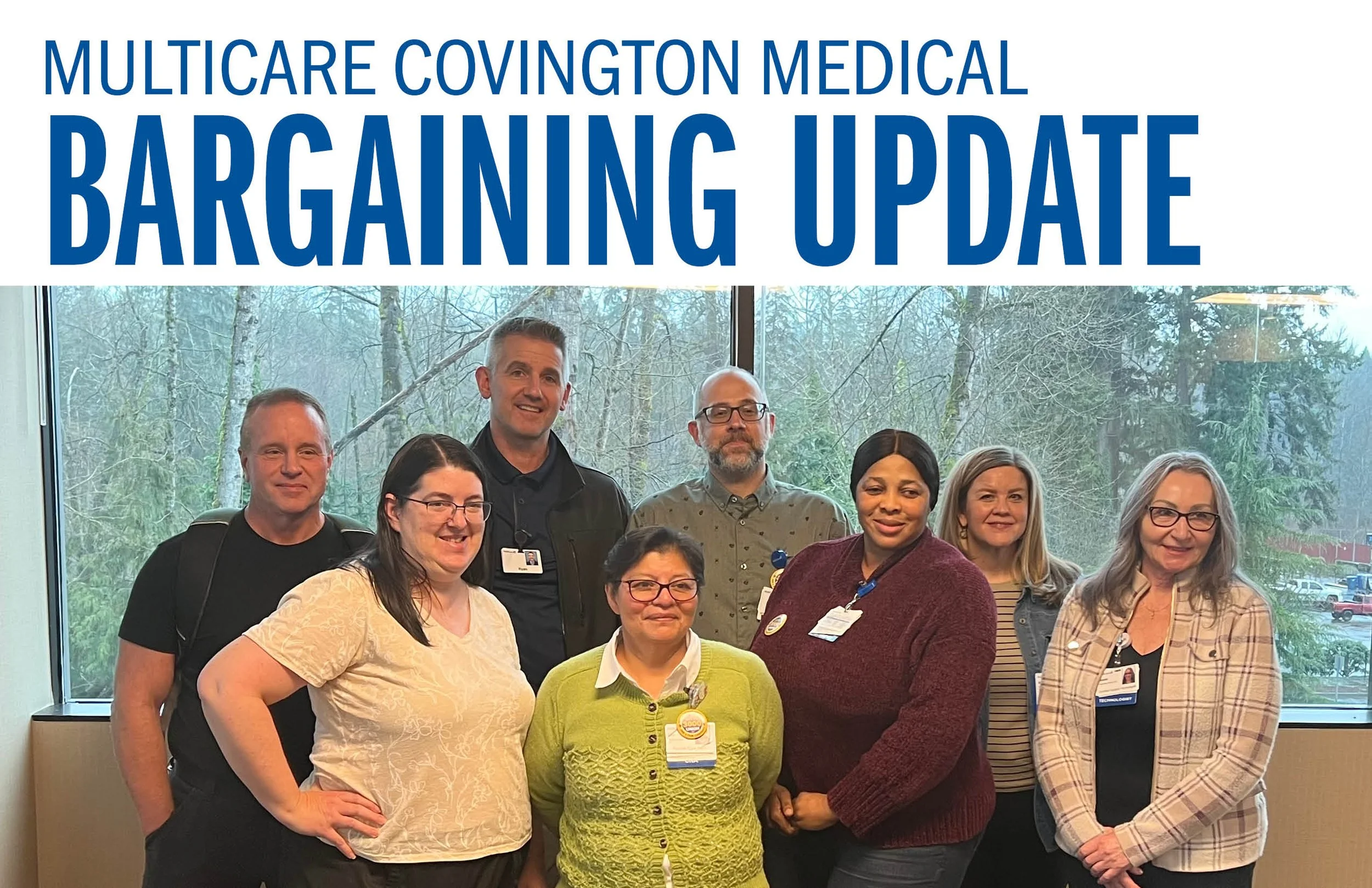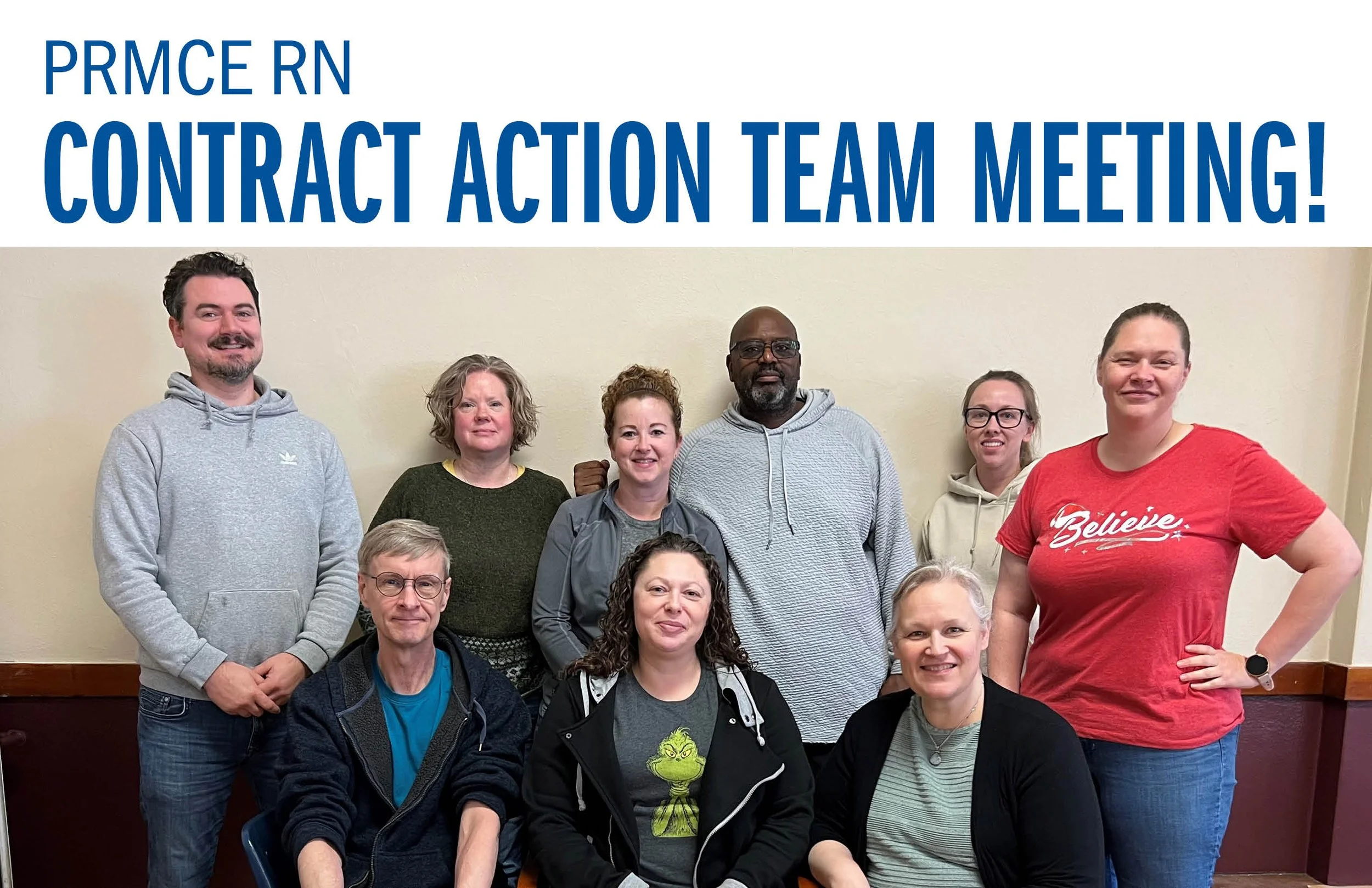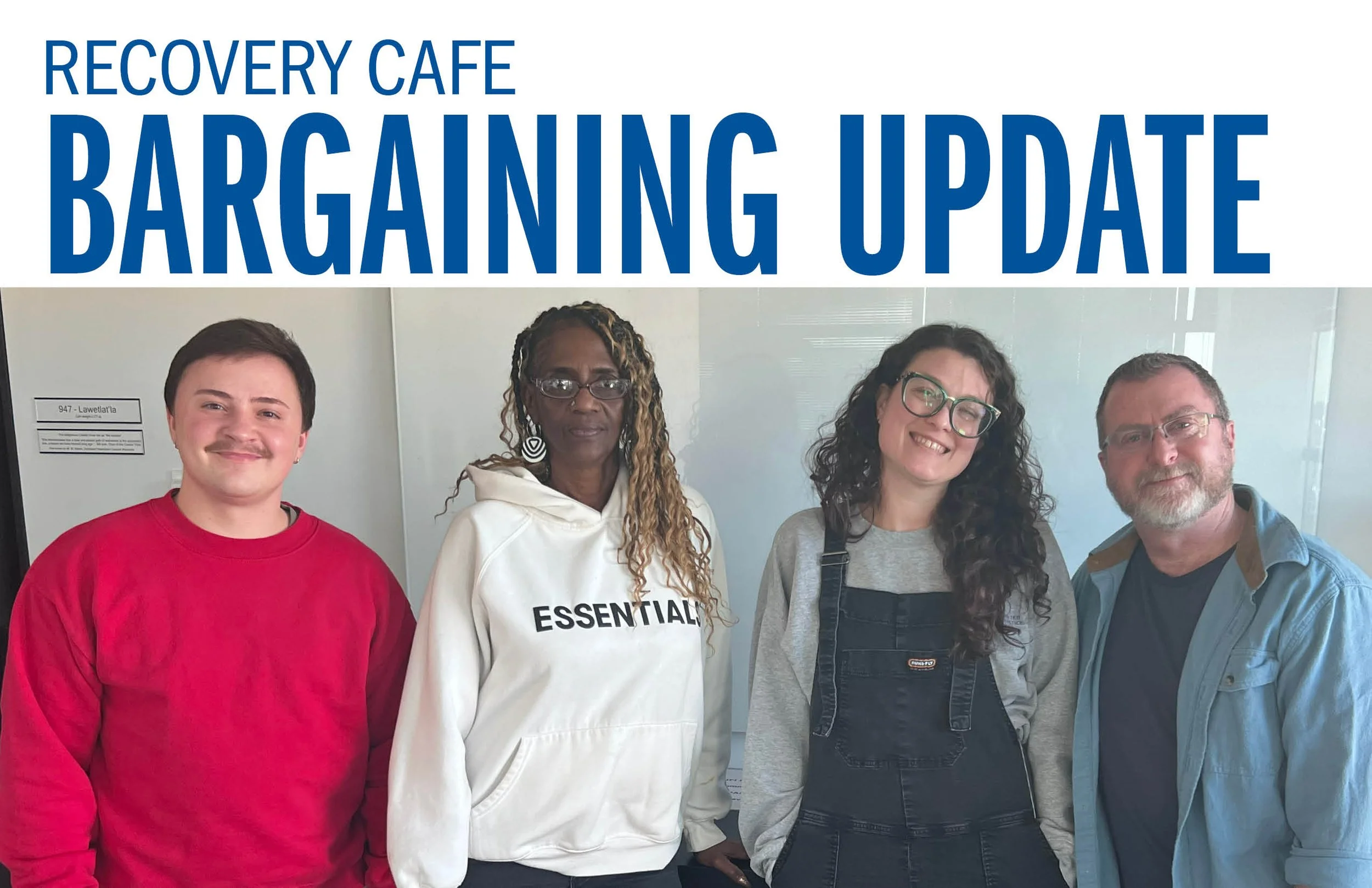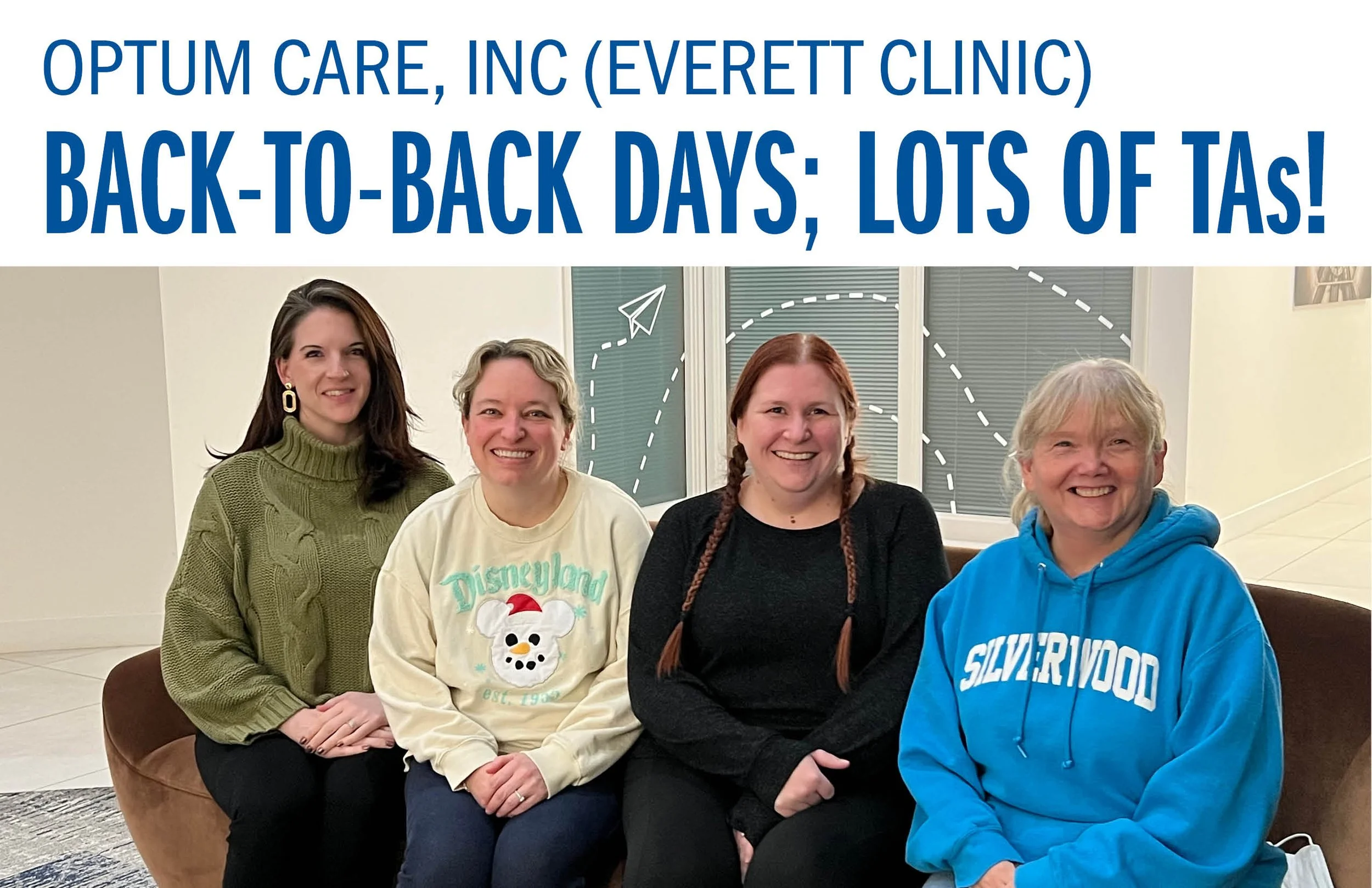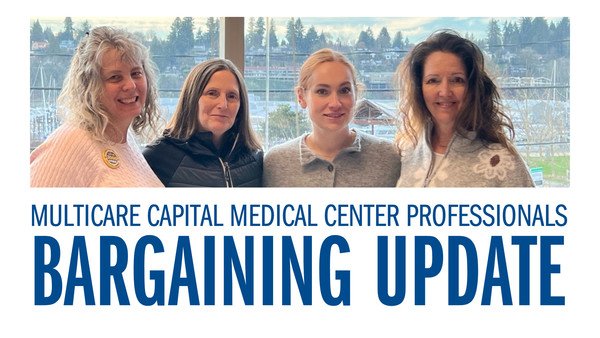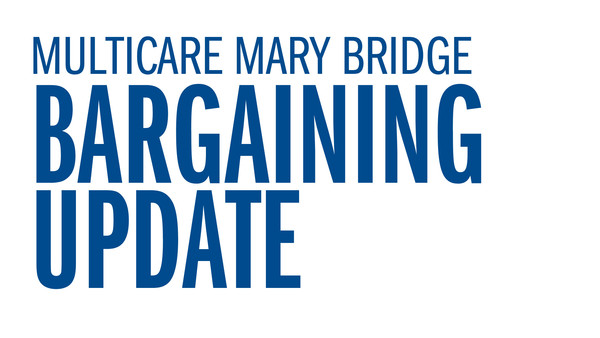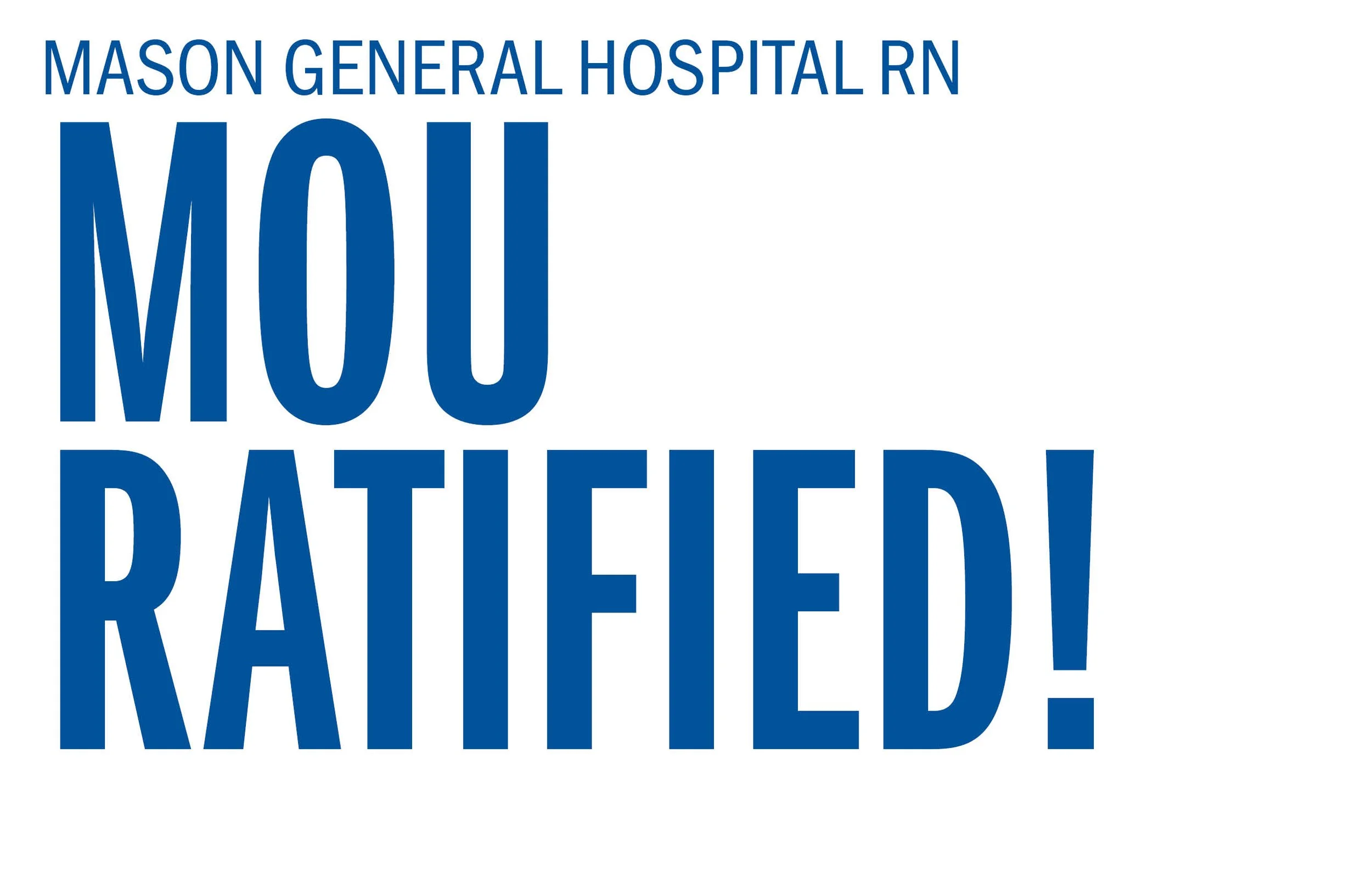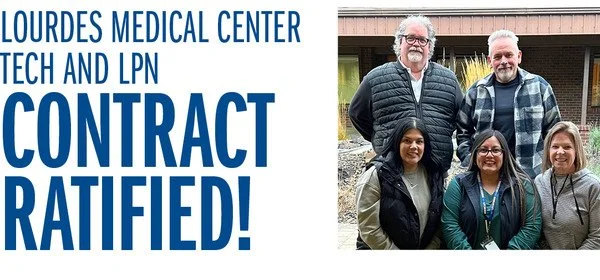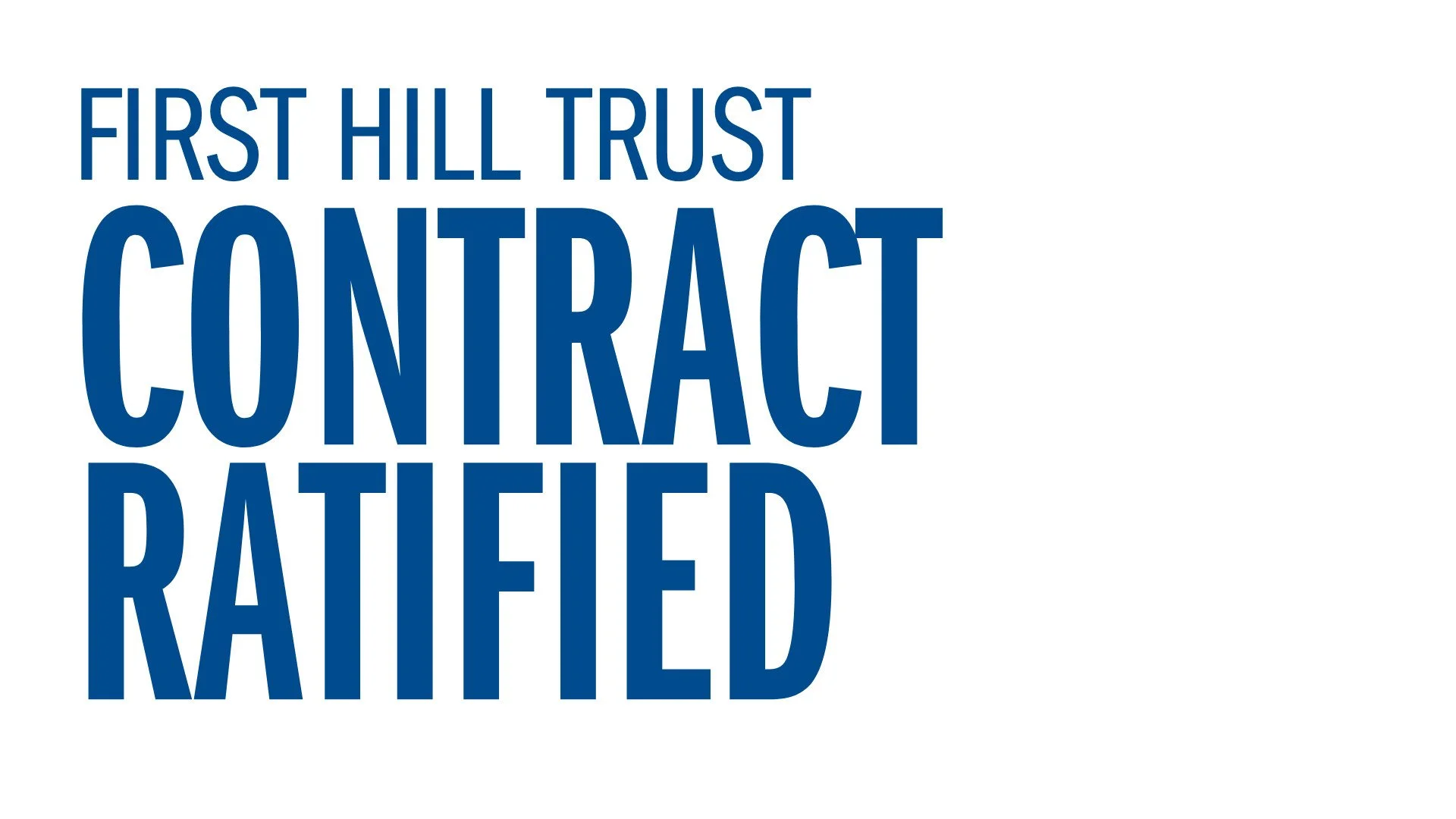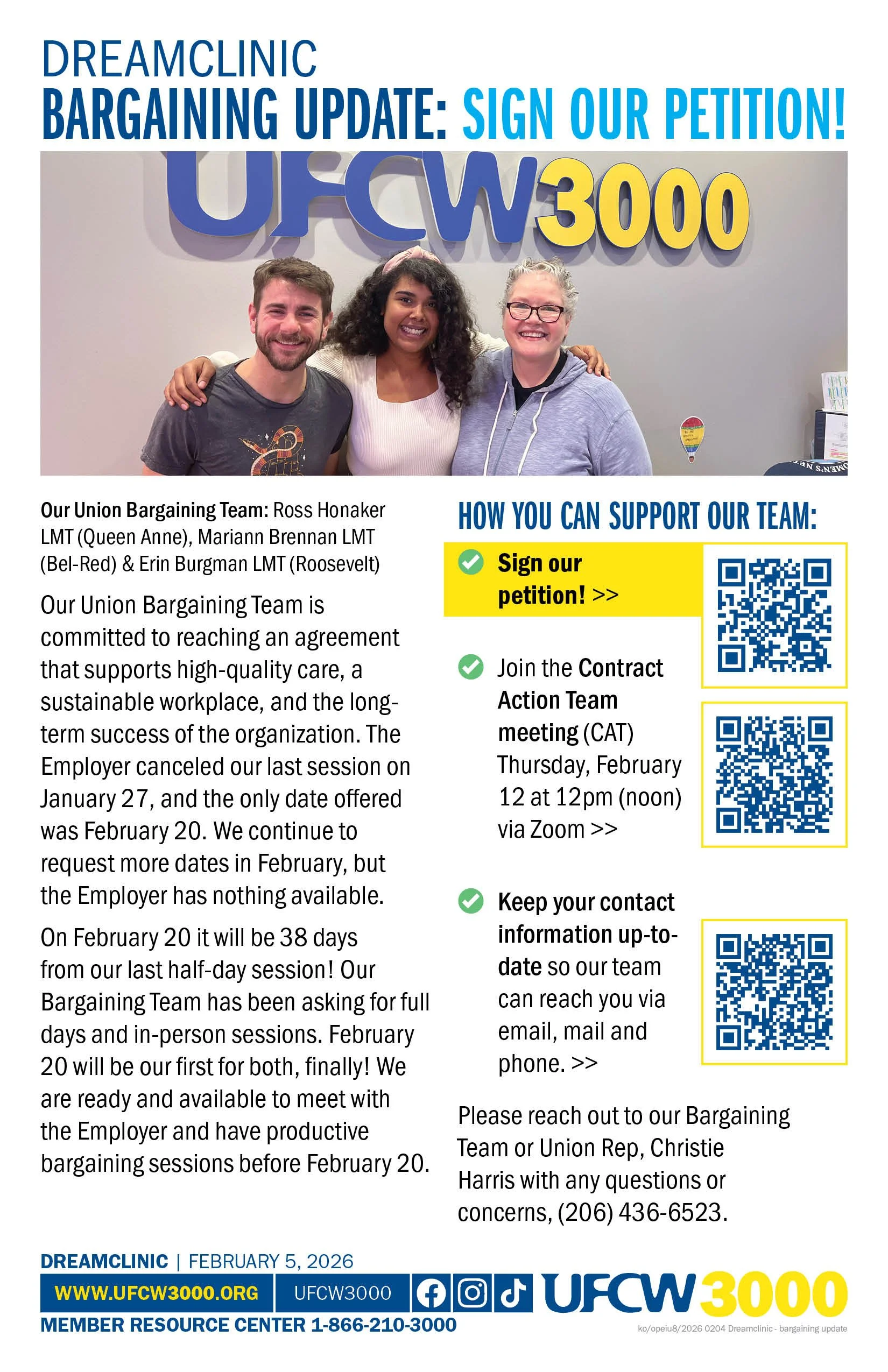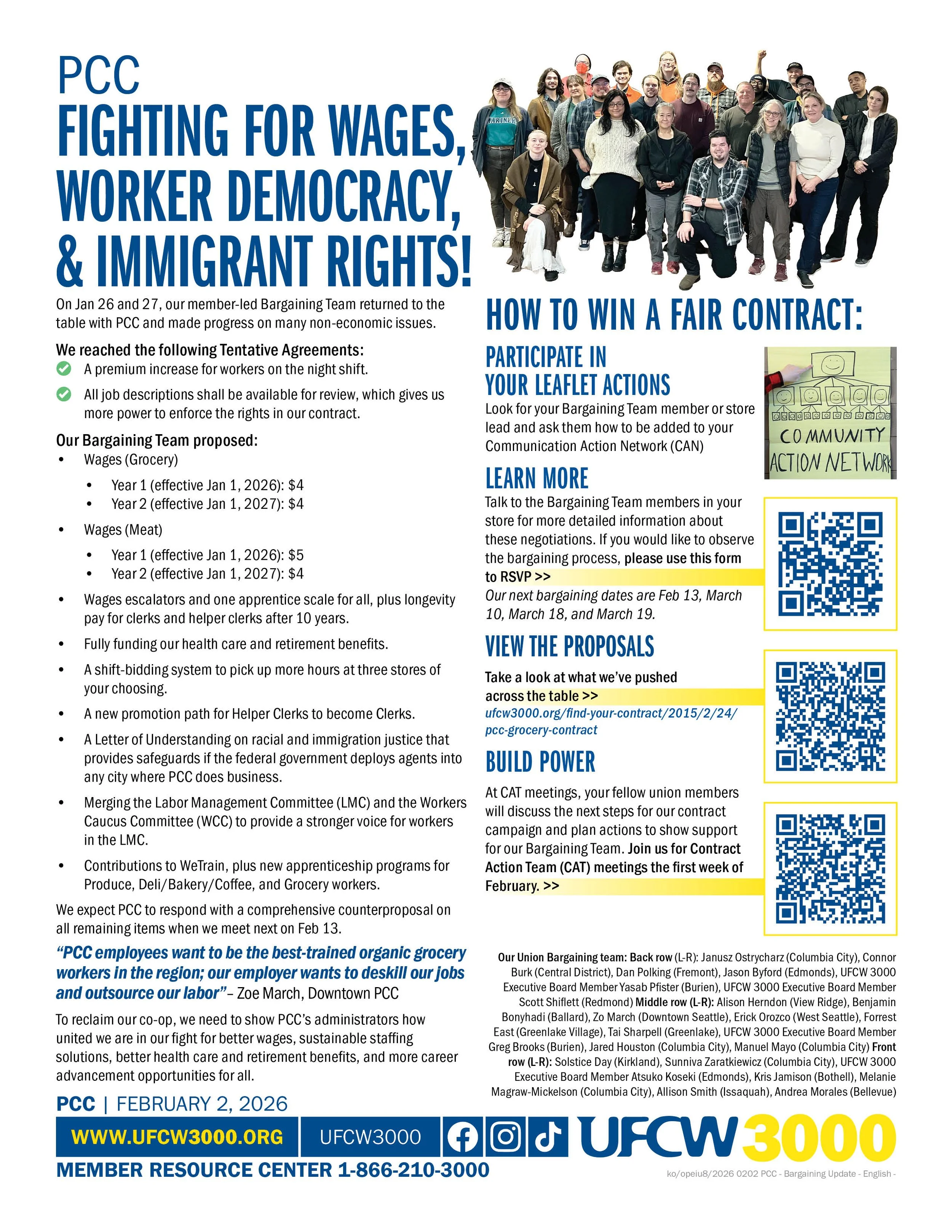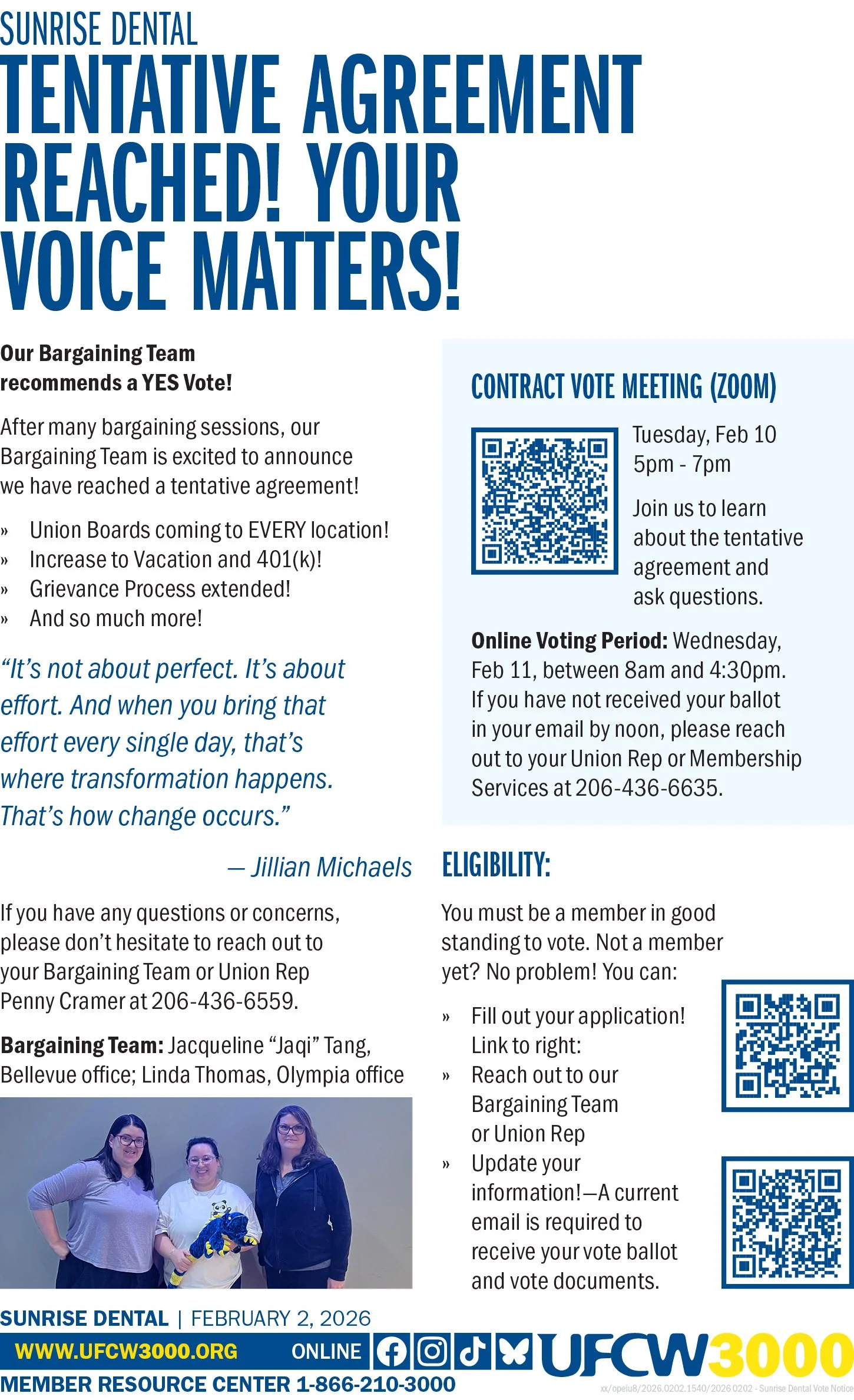WATCH: The 5 Questions You Should Ask Your Doctor
/On May 20, we launched “Healthy Conversations,” an effort to provide UFCW 3000 members with timely, easily understandable and engaging health information on a range of topics. Places you may normally go to get truthful health information are in short supply these days, and we plan to work hard to fill that void for you.
In our first installment of this series, we held a digital town hall with Dr. Taison Bell, who delivered a presentation on the five questions we should all ask our doctors to help live a long and healthy life.
Key takeaways:
High Blood Pressure: 60 million adult Americans are estimated to have undiagnosed high blood pressure. If untreated, the condition can lead to serious heart disease and other complications, such as strokes. High blood pressure ranks as the world’s #1 leading risk factor for death. For anyone 18 years of age and older, it is critical to get screened at least once annually. You can buy an accurate home blood pressure cuff (see here for options), or you can find a cuff at the back of most retail pharmacies. Ideally, you should establish care with a medical provider and see that person at least once per year, where they will do this screen.
High Cholesterol and Diabetes: Over 40% of adult Americans do not know they have high cholesterol, which is also a major risk factor for heart attacks and strokes. Furthermore, nearly 10 million people in the US have undiagnosed Type II Diabetes. Be proactive about your health and start getting screened, beginning at age 18. Ask your medical provider about getting LDL and Hemoglobin A1C tests. If you have a family history of heart attacks or strokes, also consider asking about newer tests, such as Lipoprotein A and Apolipoprotein B, which can shine additional light on your risk of heart disease. If you’d like to learn more, we discussed these newer tests in a recent segment for the Today Show.
Cancer Screenings: We should all be asking about screenings for common cancers, like colorectal, breast, and prostate cancers. You should also make sure you understand your family history to ensure you know which specific genetic risks you may uniquely have. A strong family history of cancer will likely mean getting screened for various cancers at an earlier age than typically recommended, but it is vital to have this conversation with your medical provider. See below for age-specific recommendations on when and what to get screened for:
We’ve scheduled the next town digital town hall for June 26. Keep an eye on your inbox, this website, and our social media accounts for more information!



